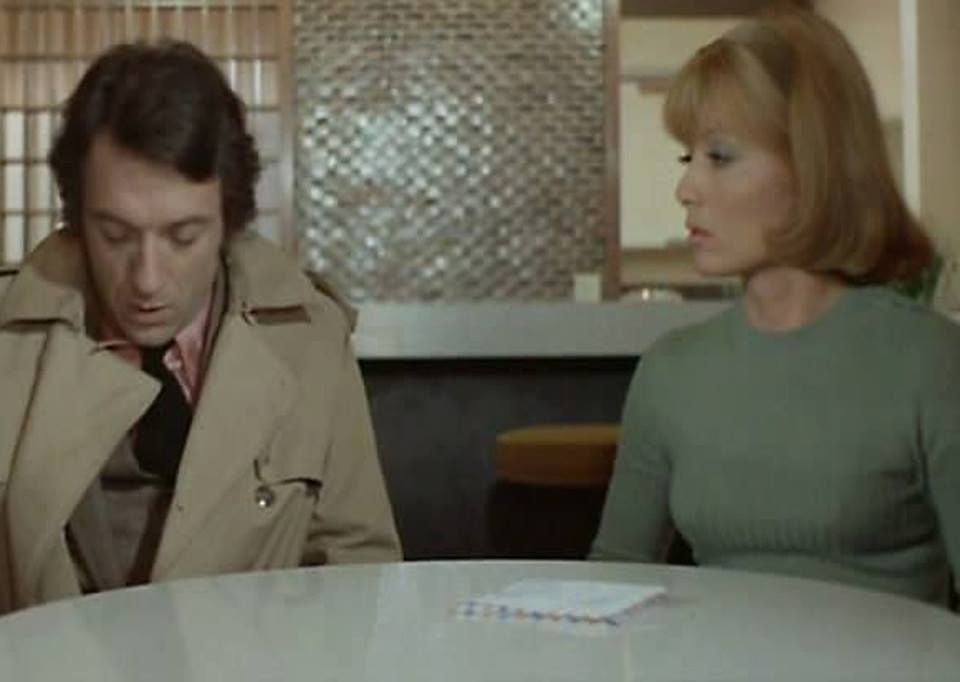curator's noteThis week, our writers were once again confronted with the task of discussing a film that resides outside the norms of film criticism. The bizarre and at often times difficult to watch LA RUPTURE (Claude Chabrol 1970) creates a hectic, drug-addled experience from start to finish which only increases in confusion as the rules of cinematic editing are loosened throughout its running time. The chaos that ensues will no doubt allow room for an stimulating debate with our writers. A CLASS OF THEIR OWNMATTHEW WEARSConsidered a master in the mystery genre, Claude Chabrol interwove themes of class struggle and injustice into many films in his catalogue during his golden era. His 1970 experimental melodrama, LA RUPTURE, is certainly no exception to this. The film examines class warfare in an often uncompromising fashion, with the absurdities of the film being an exaggerated social reflection of the class system in France at the time. Mirroring the increased socialist movements within this period, the film is a severe critique on the astonishing power and destructive nature of wealth. Focusing on the custody battle between Hélène Régnier (Stéphane Audran) and her mentally ill husband Charles (Jean-Claude Drouot) over their young son Michel (Laurent Brunschwick), the film offers a strong commentary about the relationship between power and wealth. Money is viewed as a weapon whereby any character that possesses a greater amount is far more capable of obtaining their desire, even to the degree of taking a child from its own mother when it is unwarranted. At no point should the custody of the child be put into question as Hélène is clearly the more competent of the parents. Charles has physically abused both Hélène and Michel, however still stands a chance at being the carer of his child simply because of his rich parents. The film is effective in showcasing the full extent of the power of wealth as the bourgeoisie family are able to use their affluence as a controlling device in order to manipulate Hélène from behind a veil, without her having any knowledge of them doing so. Their money has tainted them and they have lost the virtues that the working class Hélène possesses: integrity, kindness and love. LA RUPTURE is a film that at times can appear quite ludicrous. There are moments where it can be difficult to believe just how far Charles' parents will go in order to gain custody of Michel, often reaching levels whereby they bypass their greedy higher class representations and become nothing short of evil. This film is not just a commentary of the privileged, but rather an outright attack on their morals and ethics. Every day this week a different writer will provide their perspective on our MUBIVIEWS film and each post will be open to comments from our readers. Watch LA RUPTURE on mubi.com until 5 May 2017 and join the discussion!
0 Comments
Your comment will be posted after it is approved.
Leave a Reply. |
MUBIVIEWSOne MUBI film, five perspectives, endless possibilities. Archives
July 2017
Categories
All
|



 RSS Feed
RSS Feed
